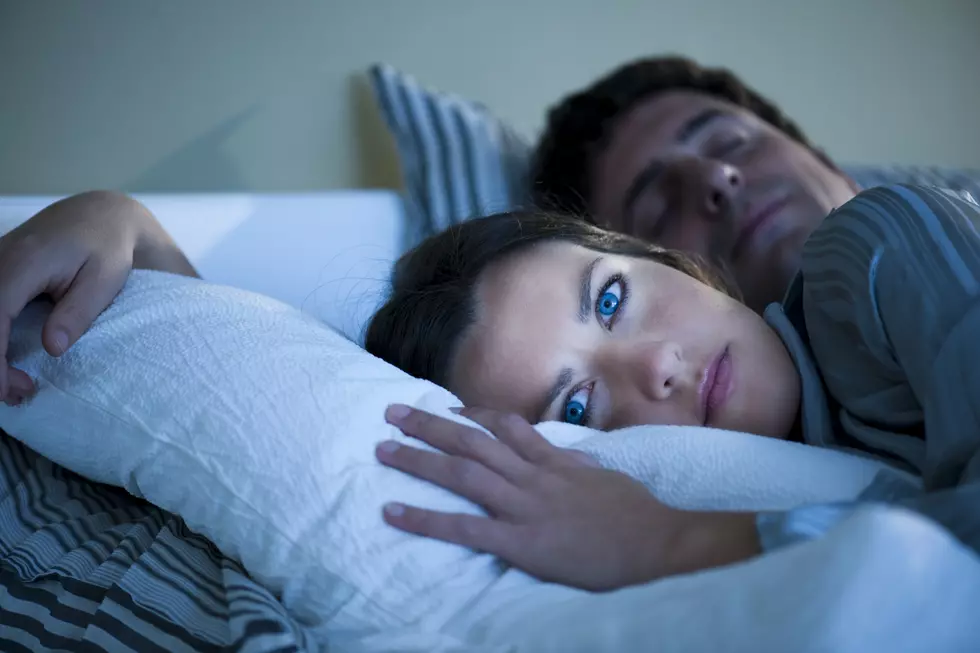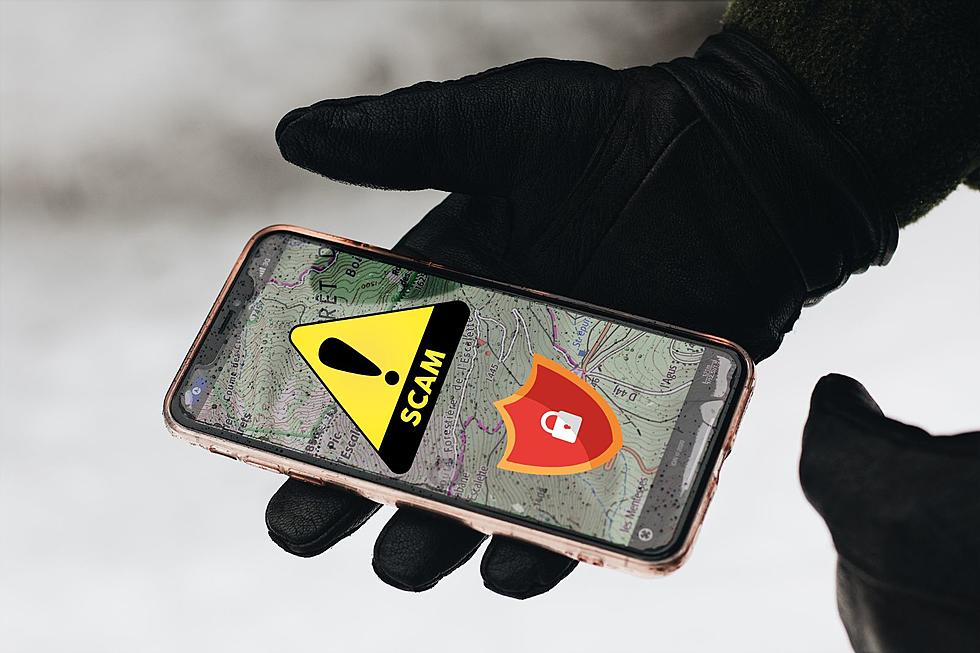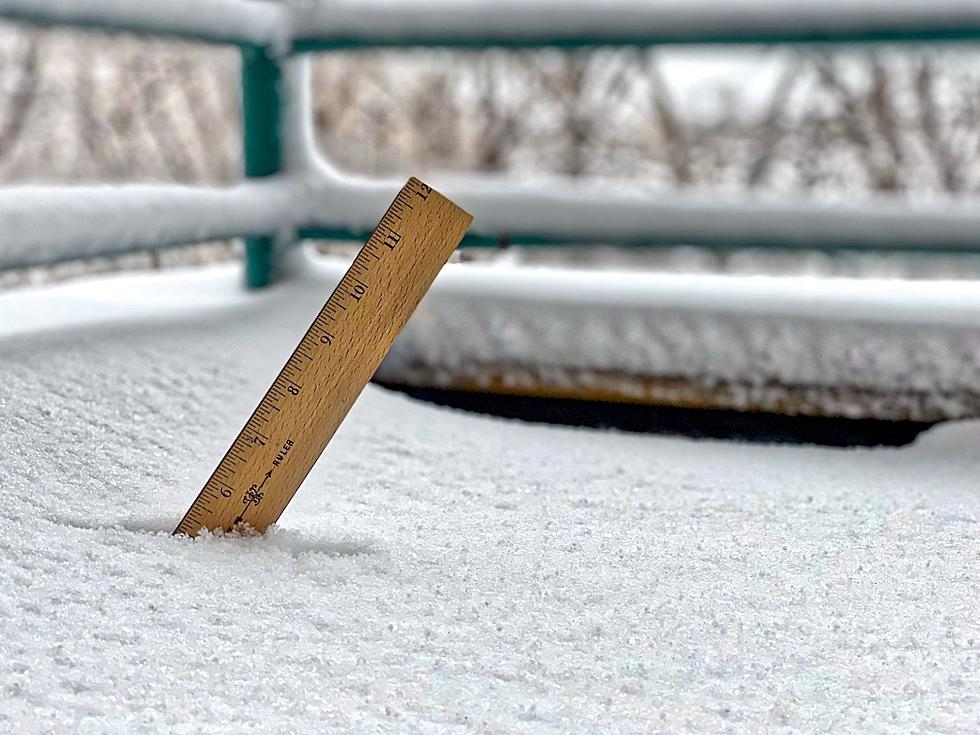
Not Sleeping Well? Blame Our Cold Weather
Despite our recent prolonged bout of bitterly cold weather, I've got some bad news for you - the official start of winter is still more than a month away (December 21).
But that doesn't mean this unseasonable chill hasn't had an effect on us. It can mess with a number of things in our lives - including how we sleep.
BestLifeOnline.com has pinpointed a few different ways that cold weather is disrupting a good night's sleep.
- Changing sleep-wake cycles
With the end of Daylight Saving Time, our lack of sunlight means our bodies produce more melatonin, the hormone that regulates our sleep-wake cycle. More darkness means more feelings of fatigue. That disruption can make it harder to fall asleep at night.
- Mood changes
The National Sleep Foundation has found that mood changes during the coldest times of the year also cause the average person to want to sleep more. That means the amount of sleep that works for in the spring and summer isn't getting the job done when the temperature drops.
- Dry air
We all know that raspy feeling in our throats after waking up in a room full of dry, cold air. The lack of humidity makes sleeping much more difficult.
- Sleeping with the window open
Some of us like the background noise and fresh air that sleeping with an open window can provide, but a 2017 study in the journal Energy and Buildings found that cold air can lead to higher heart rates, which causes us to wake up more throughout the night.
According to the experts, the ideal room temperature for optimum sleep is 65-69 degrees.
More From KYBB-FM / B102.7









